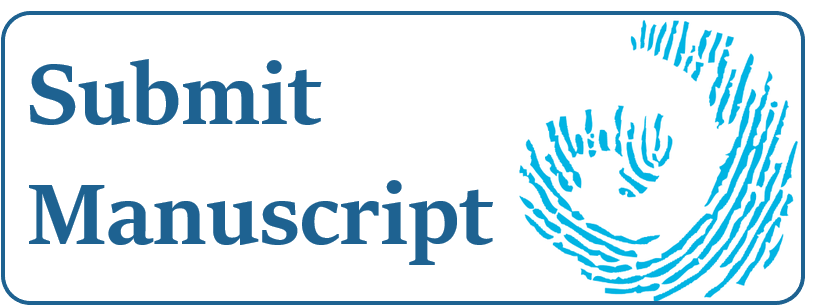About the Journal
Archives and Manuscripts is the professional and scholarly journal of the Australian Society of Archivists, publishing articles, reviews, and information about the theory and practice of archives and recordkeeping in Australasia and around the world. Its target audiences are archivists and other recordkeeping professionals, the academic community, and all involved in the study and interpretation of archives. Learn more >>



